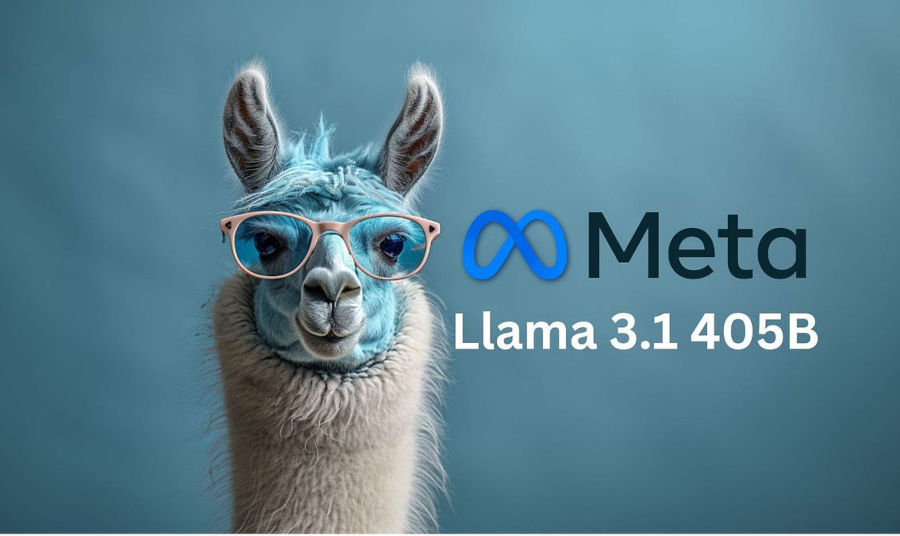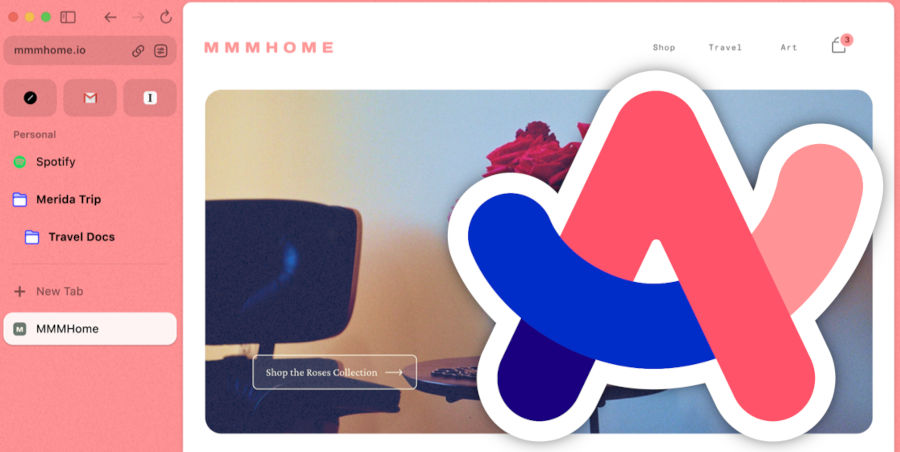
Enhancing Accessibility: Firefox's AI-Driven Image Captions for Improved Web Experience
Mozilla's Innovative Approach to Accessibility with Local AI Models
NEWS AI June 4, 2024 Reading time: 2 Minute(s)
Artificial Intelligence (AI) has become ubiquitous, offering a plethora of features aimed at enhancing user experiences. However, amidst the wave of AI integration, concerns regarding the quality, practicality, and security of these features have emerged. Mozilla, renowned for its commitment to privacy and user-centric design, ventures into the realm of AI with a distinct purpose: to bolster accessibility within its Firefox browser.
In a recent announcement on Mozilla Hacks, Tarek ZIade shed light on Firefox's forthcoming utilization of AI to revolutionize accessibility.  Specifically, the focus lies on providing AI-generated image captions, a vital component for individuals reliant on assistive technologies like screen readers.
Specifically, the focus lies on providing AI-generated image captions, a vital component for individuals reliant on assistive technologies like screen readers.
The significance of image captions, commonly referred to as "alt text",cannot be overstated. They serve as invaluable aids, furnishing essential context to users. Yet, despite their importance, a disconcerting number of images across the web lack proper descriptions. Enter AI, poised to address this longstanding issue by automating the generation of alt text, all while prioritizing user privacy.
Firefox 130, slated for release in the Nightly Channel, introduces a groundbreaking feature to its PDF editor: AI-powered alt text generation. Leveraging compact, open-source Transformer-based machine-learning models, Mozilla aims to deliver image descriptions seamlessly, even on resource-constrained devices. These models boast remarkable efficiency, capable of processing alt text within seconds, all while occupying minimal disk space. While they may not match the complexity of cutting-edge language models like GPT-4o, their succinct output aligns with Firefox's ethos of providing pertinent information without overwhelming users.
The decision to employ local machine-learning models brings forth a myriad of advantages. Foremost among them is enhanced privacy; images are processed locally, mitigating concerns regarding data transmission to external servers. Moreover, this approach promotes resource efficiency, transparency, and sustainability, with reduced carbon emissions stemming from the training of large-scale models. Furthermore, users can anticipate regular updates and refinements, ensuring continuous improvement in alt text accuracy and relevance.
Mozilla's foray into AI-driven accessibility exemplifies its unwavering dedication to inclusivity and user empowerment. By harnessing the potential of AI within a framework rooted in privacy and efficiency, Firefox endeavors to foster a web experience that is accessible to all, irrespective of ability or device.
IMAGES CREDITS: MOZILLA
Accessibility AI Mozilla Firefox Image Captioning Assistive Technologies Machine Learning Privacy Web Browsing Technology News RSMax
*Our pages may contain affiliate links. If you buy something via one of our affiliate links, Review Space may earn a commission. Thanks for your support!
CATEGORIES

























COMMENTS